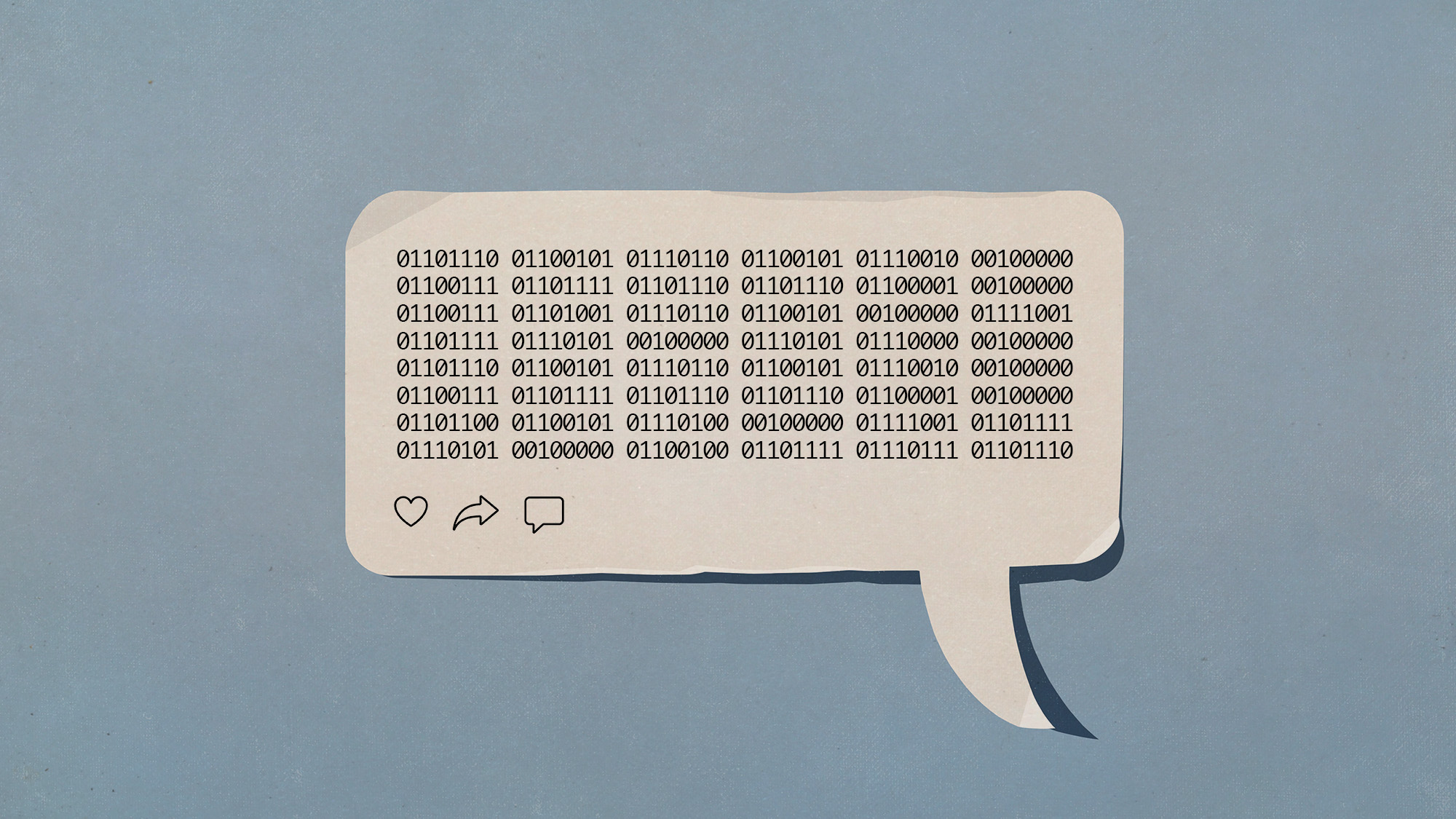Facebook: is it ‘good for the world’?
Social media giant asks for users’ opinions on the service, but what do the experts think?

A free daily email with the biggest news stories of the day – and the best features from TheWeek.com
You are now subscribed
Your newsletter sign-up was successful
Following the Cambridge Analytica scandal last month and the controversy that entailed, Facebook has asked its users whether they think the service is “good for the world”.
A poll under the heading: “We’d like to do better” will be sent to an unspecified number of users over the coming days, the Associated Press reports. Responses range from “strongly agree” to “strongly disagree”.
This is not the first time Facebook has asked users for their opinion on the social media site’s impact on the world; a similar version of the poll was launched in 2012, reports the New York Post.
The Week
Escape your echo chamber. Get the facts behind the news, plus analysis from multiple perspectives.

Sign up for The Week's Free Newsletters
From our morning news briefing to a weekly Good News Newsletter, get the best of The Week delivered directly to your inbox.
From our morning news briefing to a weekly Good News Newsletter, get the best of The Week delivered directly to your inbox.
While it’s not yet known what it will do with the data gathered from the poll, a number of studies have been conducted to see if there’s any science behind the benefits – or drawbacks – of Facebook.
The benefits of using Facebook
One of the biggest pros of using Facebook is that users can experience a confidence boost after browsing through the site in just a few minutes, according to a study from Cornell University.
Using a sample of 63 students, researchers found people who read Facebook for merely three minutes “demonstrated an increase in self-confidence” compared to those who were told not to use it for the same period of time, AdWeek reports.
A free daily email with the biggest news stories of the day – and the best features from TheWeek.com
Facebook can also be a learning tool, the University of Arizona has found, particularly for those over the age of 65.
Its carried out a study of 42 people, aged between 68 and 91, testing their learning abilities prior to subscribing to Facebook and shortly after learning how to use the site.
Researchers discovered that the ability to absorb new information improved by 25% after learning how to use Facebook.
And the drawbacks
While Facebook can be seen as a platform for improving communication, that doesn’t necessarily mean it’s a benefit to the world. Some experts are concerned about the effect it has on users’ mental health.
According to a 2015 study from the University of Missouri, regular use can trigger depression. For example, posts from an acquaintance who is financially successful can make the user envious.
And while some use Facebook to keep up to date with current affairs, the site has been caught up in numerous “fake news” scandals.
Facebook founder Mark Zuckerberg initially denied claims his site was being used to spread “misinformation”, says Cnet, but he later drew up a plan to combat the issue, including warning users about articles that may not be truthful.
Zuckerberg addressed the affect his site has on the world in a blogpost in January, saying: “The world feels anxious and divided, and Facebook has a lot of work to do – whether it’s protecting our community from abuse and hate, defending against interference by nation states, or making sure that time spent on Facebook is time well spent.
“This will be a serious year of self-improvement and I'm looking forward to learning from working to fix our issues together,” he concluded.
-
 Corruption: The spy sheikh and the president
Corruption: The spy sheikh and the presidentFeature Trump is at the center of another scandal
-
 Putin’s shadow war
Putin’s shadow warFeature The Kremlin is waging a campaign of sabotage and subversion against Ukraine’s allies in the West
-
 Media: Why did Bezos gut ‘The Washington Post’?
Media: Why did Bezos gut ‘The Washington Post’?Feature Possibilities include to curry favor with Trump or to try to end financial losses
-
 Moltbook: The AI-only social network
Moltbook: The AI-only social networkFeature Bots interact on Moltbook like humans use Reddit
-
 Are Big Tech firms the new tobacco companies?
Are Big Tech firms the new tobacco companies?Today’s Big Question A trial will determine whether Meta and YouTube designed addictive products
-
 Is social media over?
Is social media over?Today’s Big Question We may look back on 2025 as the moment social media jumped the shark
-
 Australia’s teen social media ban takes effect
Australia’s teen social media ban takes effectSpeed Read Kids under age 16 are now barred from platforms including YouTube, TikTok, Instagram, Facebook, Snapchat and Reddit
-
 Trump allies reportedly poised to buy TikTok
Trump allies reportedly poised to buy TikTokSpeed Read Under the deal, U.S. companies would own about 80% of the company
-
 What an all-bot social network tells us about social media
What an all-bot social network tells us about social mediaUnder The Radar The experiment's findings 'didn't speak well of us'
-
 Broken brains: The social price of digital life
Broken brains: The social price of digital lifeFeature A new study shows that smartphones and streaming services may be fueling a sharp decline in responsibility and reliability in adults
-
 Supreme Court allows social media age check law
Supreme Court allows social media age check lawSpeed Read The court refused to intervene in a decision that affirmed a Mississippi law requiring social media users to verify their ages